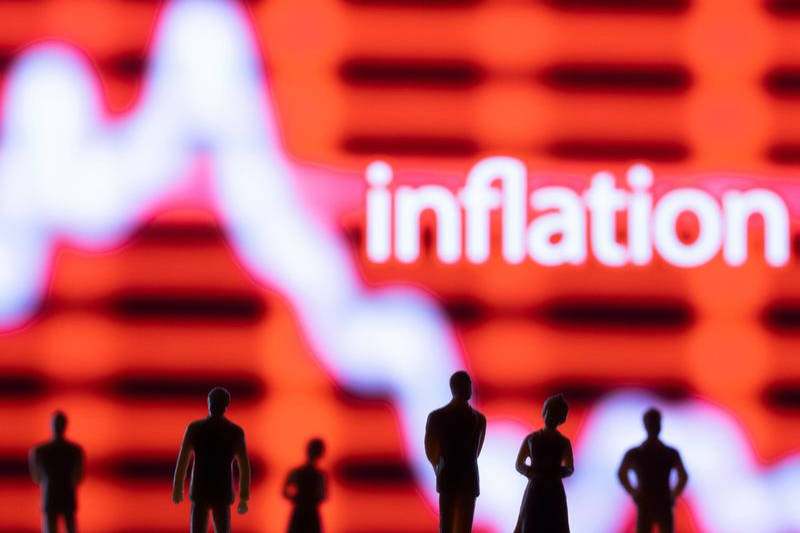Nvidia and TSMC to unveil first domestic wafer for Blackwell chips, Axios reports
Investing.com -- Consumer price inflation rose 2.2% in the eurozone on an annual basis in September, data confirmed earlier Friday, offering the European Central Bank few reasons to further ease monetary policy.
The eurozone’s consumer price index (CPI) rose by 2.2% annually last month, up from 2.0% in September, confirming the flash release seen earlier this month.
Month-on-month, the reading gained 0.1% last month after posting a similar gain of 0.1% in August.
Stripping out more volatile items like food and fuel, the "core" number rose to 2.4% in the twelve months to September, increasing from 2.3% in the prior month.
The ECB has cut interest rates by two percentage points in the year to June but has been on hold ever since, arguing that inflation was now sufficiently close to its 2% target and there was no urgency in adjusting rates further.
It is widely expected to keep rates unchanged at its next meeting at the end of the month.
The ECB should keep interest rates steady as long as inflation is close to 2% and should not try to overengineer policy in case of small deviations from its target, Austrian central bank chief Martin Kocher said on Thursday.
While inflation has hovered around 2% for months, projections show it dipping to 1.7% next year before a rebound in subsequent years, raising concerns among some policymakers about undershooting.
"For me, this is close to the target. We should not overreact in either direction," Kocher, one of the newest members of the ECB’s rate-setting Governing Council, told a conference. "If you’re slightly above the target, overreaction is not advisable, in my view."
His colleague Primoz Dolenc, Slovenia’s acting central bank, added that the ECB should now hold interest rates steady unless new shocks hit.
"If there are no new economic shocks, I think that leaving the monetary policy stance as is would be the right thing to do going forward," Dolenc said. "It’s a stance that neither fuels inflationary pressures nor restricts economic growth."
